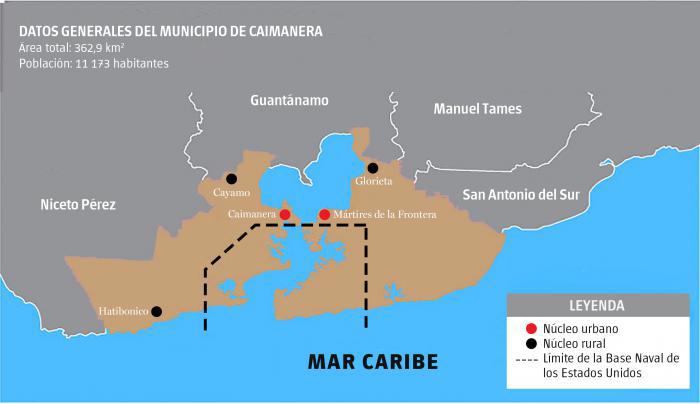
The administration of President Joe Biden intends to close the U.S. prison at the illegal Guantanamo Naval Base (GNB), before the end of his term, according to information confirmed by Jen Psaki, White House press secretary, reported by news media from Washington.
One of the unfulfilled promises of former President Barack Obama (2009-2017), was the closure of the prison, which was opened in early 2002 and came to initially hold, beyond the reach of the country’s own judicial system, some 780 inmates, generating worldwide outrage given the torture and barbarities that occurred there.
It is a painful symbol of the U.S. government’s excesses in its purported response to international terrorism, following the September 11, 2001 attacks on the Twin Towers in New York City and the Pentagon.
Today only 40 individuals remain in the prison, while last month a group of UN human rights experts called for its closure.
According to a statement released by eight special UN rapporteurs representing the international community, the prison “is a place of arbitrariness and abuse, a site where torture and ill-treatment was rampant and remains institutionalised, where the rule of law is effectively suspended, and where justice is denied,” and should have been closed a long time ago, reported Prensa Latina.
A history of intervention and betrayal
It was on February 16, 1903, when then-President of Cuba Tomás Estrada Palma betrayed the ideals of José Martí and the Cuban Revolutionary Party (PRC), which he had helped to found, by signing the concession of territory around Caimanera to the United States, to be used as a naval base, against the will of the people.
The area usurped covers 117.6 square kilometers and has been held for more than a century now.
The interventionist agreement for the establishment of coaling and naval stations on the island was signed by President William McKinley in March of 1901, when the country was occupied by the U.S. Army, and became known as the Platt Amendment.
The amendment was an eight-article appendix to the U.S. Army Budget Bill, approved by the U.S. Congress, and was included in the Republic of Cuba’s first Constitution, drafted by the Constituent Assembly of 1901, under the threat that if it were not approved, Cuba would continue to be militarily occupied.
Article VII established the concession of Cuban soil for the construction of naval stations "to enable the United States to maintain the independence
of Cuba, and to protect the people thereof, as well as for its own defense."
Even more insulting was Article III, which granted the United States the right to intervene militarily in the island if, in its judgment, life, property or individual liberties were endangered," stipulating that the U.S. could "exercise the right to intervene for the preservation of Cuban independence, the maintenance of a government adequate for the protection of life, property, and individual liberty, and for discharging the obligations with respect to Cuba imposed by the treaty of Paris on the United States, now to be assumed and undertaken by the government of Cuba."
In Article vi the U.S. took advantage of a geographical error in the Treaty of Paris, referring to Cuba as an island and not as an archipelago, stipulating that the status of Isle of Pines (now the Isle of Youth special municipality) would be determined in a future agreement with the United States.
Estrada Palma, after Martí's death in combat, continued as a central leader of the PRC, and was appointed as the Republic in Arms’ representative by the Jimaguayú Assembly. He remained in the United States long after the occupation of the island ended. During this period, one of his few public actions was the irresponsible, unilateral decision to dissolve the PRC, in December of 1898, allegedly because the objectives that gave rise to its creation had been achieved.
He was elected President of Cuba in the first elections held in the Republic under U.S, supervision, for a four-year term, 1902-1906, and governed with extreme austerity, and absolute servility to the interests of Washington.
Near the end of his term, he decided to run for reelection, mounting a campaign based on the use of his authority as President and fraud, which motivated supporters of the opposition Liberal Party to take up arms. Realizing that a popular revolt was threatening to overthrow him, he chose to request a U.S. military intervention. Shortly thereafter, he resigned as President to facilitate the country’s surrender to the U.S. which occupied Cuba for a second time.
The return of the territory illegally occupied by the Naval Base has been a permanent demand of the Cuban Revolution since 1959, and has the support, not only of the Cuban people, but of the international community, as well. It is a thorn in the heart of the homeland.















